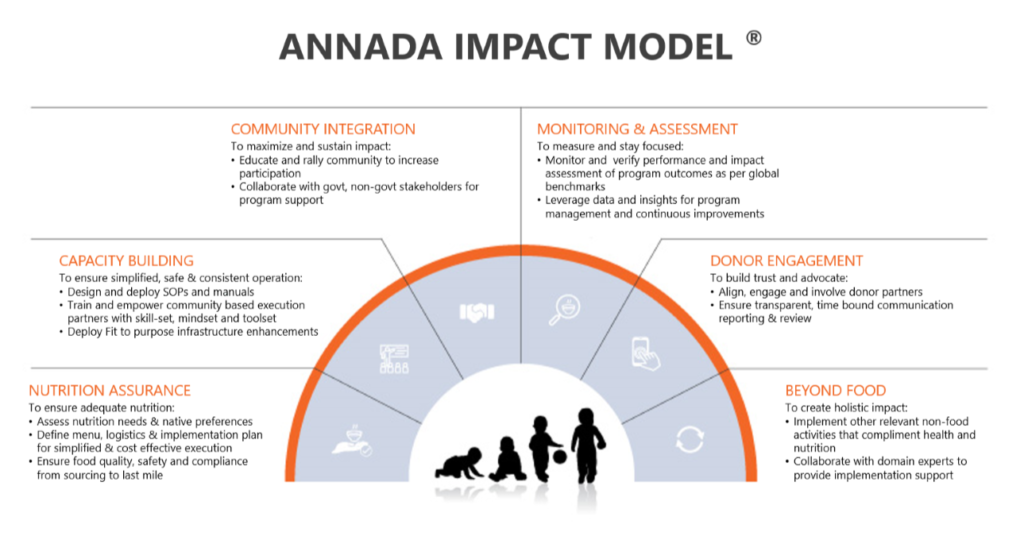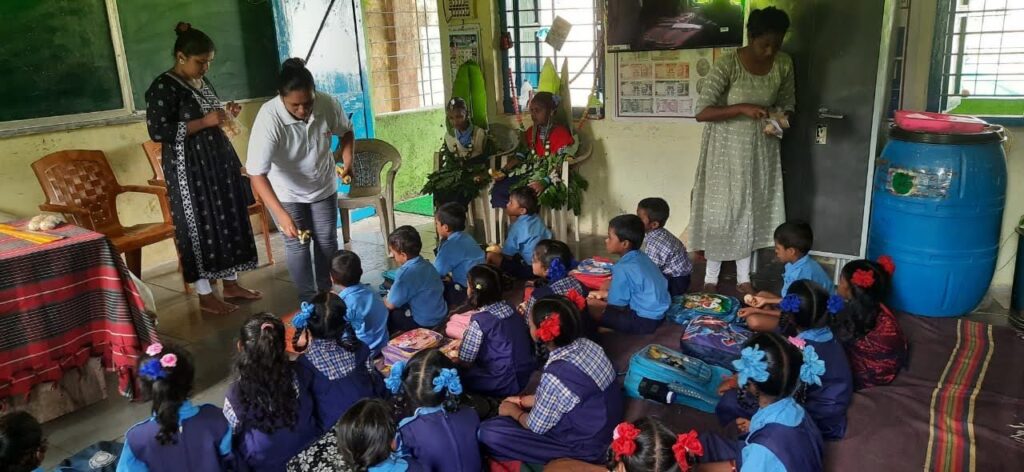Early childhood malnutrition goes beyond individual health concerns; it affects society at large, shaping the trajectory of nations. Beyond physical health, its impact extends to cognitive development, education, and community prosperity.

Understanding the Complexity of Malnutrition
Malnutrition during crucial developmental stages hampers cognitive growth and learning capacities, leading to academic struggles and limited opportunities. Impaired brain development diminishes abilities and learning difficulties, hindering educational attainment.
Moreover, the effects of malnutrition persist into adulthood, perpetuating cycles of poverty and inequality. Adults who experience malnutrition earn lower incomes, face job market challenges, and exhibit diminished productivity, exacerbating socioeconomic disparities and hindering national progress.
The Need for Holistic Approach
Recognizing the gravity of this issue, it becomes apparent that addressing child malnutrition demands more than short-term interventions. It necessitates a holistic approach that delves into the root causes and fosters sustainable solutions.
Empowering Communities
A holistic approach to combating child malnutrition entails looking beyond immediate nutritional deficiencies and understanding the intricate web of social, economic, and environmental factors contributing to the problem.
It acknowledges that malnutrition is not solely a result of food scarcity but is often intertwined with poverty, inadequate healthcare, lack of education, and unequal access to resources.
Promoting Awareness
Empowering communities lies at the heart of a holistic approach. It involves engaging with local stakeholders, understanding their unique challenges and strengths, and collaboratively designing culturally sensitive and contextually relevant interventions.

By empowering communities to take ownership of their nutritional well-being, sustainable change becomes possible and enduring.
Advocating for Systemic Change
Promoting awareness is another crucial component of a holistic approach. It entails educating communities about the importance of nutrition, dispelling myths and misconceptions, and fostering a culture of healthy eating practices.
Through targeted education campaigns and community outreach initiatives, individuals and families can make informed choices prioritizing nutrition and well-being.
Building the future of Well-being
Advocating for systemic change is a holistic approach’s most challenging yet pivotal aspect. It requires mobilizing support from policymakers, civil society organizations, and other vital stakeholders to enact policies and allocate resources that prioritize nutrition and address the underlying determinants of malnutrition.
By advocating for systemic changes in healthcare, education, agriculture, and social welfare, we can create an enabling environment where every child has equitable access to nutritious food and the opportunity to thrive.
In essence, a holistic approach to combating child malnutrition acknowledges the multifaceted nature of the problem and seeks to address it comprehensively, from root causes to long-term solutions. It is a collective endeavor that demands commitment, collaboration, and sustained effort from all sectors of society.
By working together, we can build a future where every child has the opportunity to grow, learn, and fulfill their potential, thereby ensuring the prosperity and well-being of generations to come.

At ANNADA, we believe in the power of a holistic approach to tackle child malnutrition. Our Three-Pillar Model embodies this ethos, focusing on Nutrition Adequacy, Nutrition Awareness, and Nutrition Advocacy.
Nutrition Adequacy forms the foundation of our approach, aiming to bridge the nutrition gap by delivering fortified, energy-dense, and culturally relevant food to communities in need. We invest in training and supporting frontline workers to ensure the safe and standardized execution of our programs.
Nutrition Awareness is equally vital, empowering communities with knowledge and promoting healthy behaviors. Through consistent communication and education, we aim to dispel myths and encourage practices that support optimal nutrition for children and families.
Nutrition Advocacy completes the circle, driving awareness and mobilizing support for sustainable solutions. By documenting results and collaborating with stakeholders, we strive to create an ecosystem that prioritizes nutrition and invests in the well-being of future generations.
Addressing child malnutrition requires a collective effort grounded in humility, empathy, and a steadfast commitment to change.
At ANNADA, we stand alongside communities to create a future where every child has the opportunity to thrive. Together, let us embrace the power of holistic solutions and build a world where no child is left behind.









